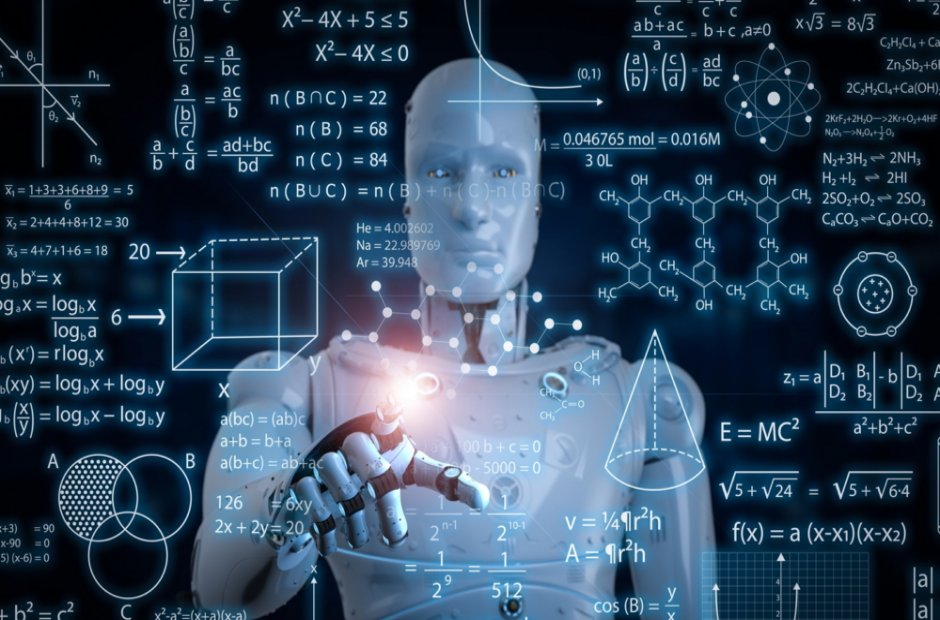How Artificial Intelligence Works In Education
How Artificial Intelligence Works In Education. Ai in classroom could even crunch the numbers and identify which groups of students should be taught together. The artificial intelligence consultant will help you create an ai system that will allow the staff and the teachers to be more productive at work.

The recent interest in ai has its roots in a third approach: Students will need to acquire digital skills, knowledge, and. But this is just the beginning.
Some Of This Is Already Happening Through Growing Numbers Of Adaptive Learning Programs, Games, And.
Artificial intelligence methods were generally employed in two ways: But this is just the beginning. Students must learn to understand and manage ai and related technologies to be successful now and in the future.
Though Yet To Become A Standard In Schools, Artificial Intelligence In Education Has Been Taught Since Ai’s Uptick In The 1980S.
Such lessons need to be considered by communities that work at the intersection between artificial intelligence, learning and higher education. Artificial intelligence (ai) has the potential to address some of the biggest challenges in education today, innovate teaching and learning practices, and ultimately accelerate the progress towards sdg 4. Ai can create the timetables that we use, driving greater efficiencies by optimizing what’s taught and when.
Deemed, “The Math App That Offers An Unusual Human Touch,” By The New York Times, Thinkster Math Is A Tutoring App That Blends Real Math Curriculum With A Personalized Teaching Style.
Artificial intelligence is a booming technological domain capable of altering every aspect of our social interactions. The recent interest in ai has its roots in a third approach: From kindergarten to graduate school, one of the key ways artificial intelligence will impact education is through the application of greater levels of individualized learning.
The Potential Benefits Of Artificial Intelligence In Education Are Myriad.
In education, ai has begun producing new teaching and learning solutions that are now undergoing testing in different contexts. Its premise is that such principles involve the. Remedial students, advanced students, esl students and the disabled all need to have the same access to learning.
However, These Rapid Technological Developments Inevitably Bring Multiple Risks And Challenges, Which Have.
It can be overwhelmingly difficult for one teacher to figure out how to meet the needs of every student in his/her classroom: To design and facilitate interactive learning environments that would support learning by doing, and to design and implement tutoring systems by adapting instructions with respect to the students’ knowledge state. While some fear that artificial intelligence will take over education to the detriment of students and teachers, others claim that artificial intelligence will revolutionize and improve education.
Post a Comment for "How Artificial Intelligence Works In Education"